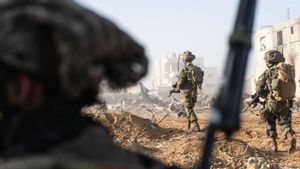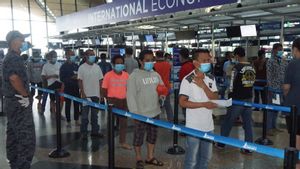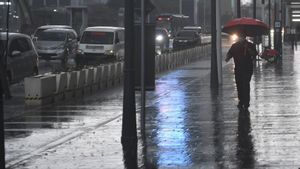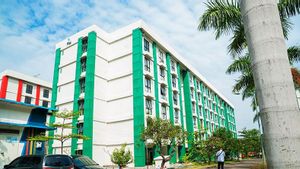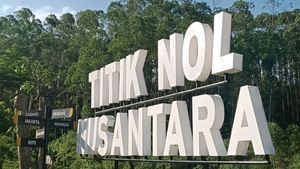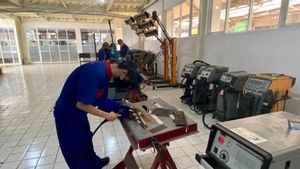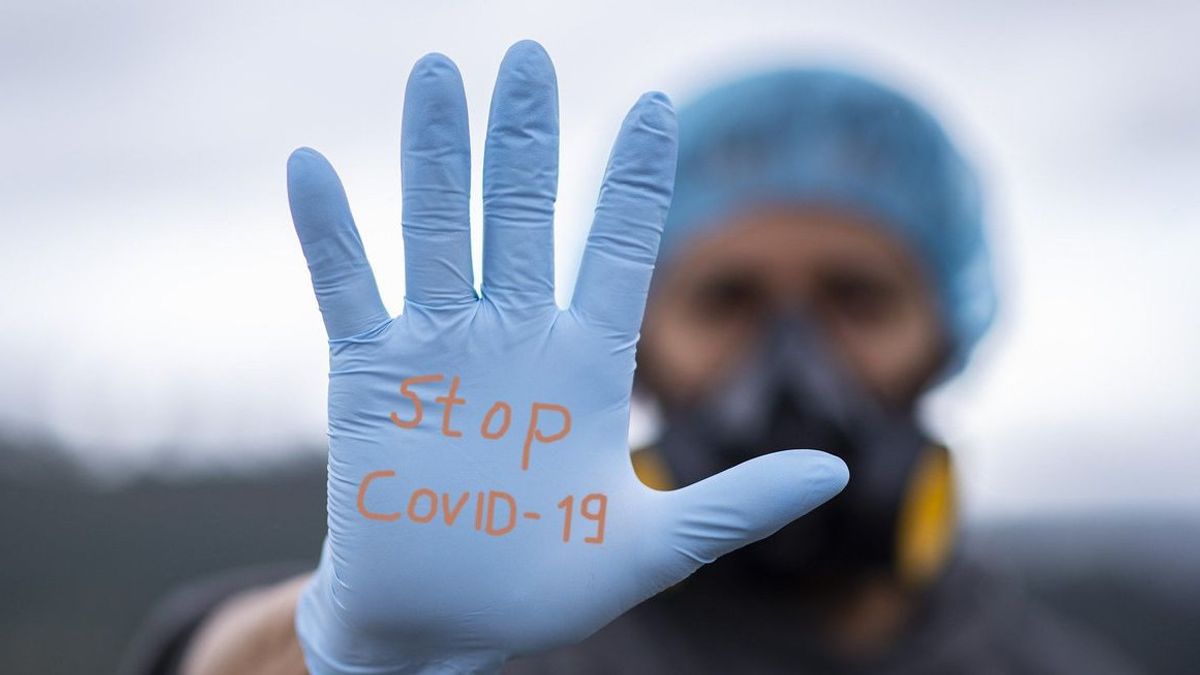
JAKARTA - In implementing the micro PPKM, residents who are included in the suspected COVID-19 category will be subjected to a swab test by surveillance officers in each village or sub-district.
Acting Director of Health Surveillance and Quarantine of the Directorate General of Disease Prevention and Control of the Ministry of Health, Prima Yosephine, said that all tested citizens must undergo isolation or quarantine, even if the test results are negative for COVID-19.
"If there is a confirmed case in one area, the close contact will be immediately tracked down. We will test it. For the negative ones, we will make sure that they remain in quarantine, until the day they are tested again," Prima said in BNPB Indonesia Youtube broadcast, Friday, 26 February.
Prima said, quarantine for close contact with negative results was carried out because there was a possibility that he was still in the incubation period. As a result, the virus hasn't been detected in a few days. Quarantine for close contact is carried out for five to six days.
"We are now setting shorter so that the compliance can be higher. So, we only apply 5-6 days. Later in the second test, once he remains negative, then the person can return to his house again," said Prima.
The COVID-19 task force at the village or family level is tasked with monitoring people who are undergoing quarantine. If there are no symptoms or mild symptoms, they are isolated in their respective homes.
"Friends who work in the village post will monitor the person, how is he doing. If later symptoms occur, the person will be quickly referred to the hospital so that control is faster and of course we can reduce the death rate," he explained. .
Micro PPKM refers to regional zoning. This zoning determination is determined by the local government which is then mapped by each governor. The determination takes into account a number of criteria as follows:
1. Green zone
Criteria: There is no house in one RT that has a positive case of COVID-19 in the last 7 days.
Scenario: active surveillance, all suspects tested and monitoring of the case is carried out regularly.
2. Yellow zone
Criteria: there are 1 to 5 houses with positive cases during the last 7 days.
Scenario: find a suspected case and close contact tracing and then ask for self-isolation with close surveillance.
3. The orange zone
Criteria: there are 6 to 10 houses with positive cases during the last 7 days.
Scenarios: finding suspected cases and tracing close contacts and then being asked to self-isolate under strict supervision, closing houses of worship, children's play areas, and other public places except for the essential sector.
4. Red zone
Criteria: there are more than 10 houses with positive cases during the last 7 days.
Scenarios: finding suspect cases and close contact tracing; carry out self-isolation; closing houses of worship, children's play areas and other public places except for the essential sector; prohibits crowds of more than 3 people; limit entry and exit of RT to a maximum of 20.00 WIB; and eliminating crowd-generating social activities.
The English, Chinese, Japanese, Arabic, and French versions are automatically generated by the AI. So there may still be inaccuracies in translating, please always see Indonesian as our main language. (system supported by DigitalSiber.id)




